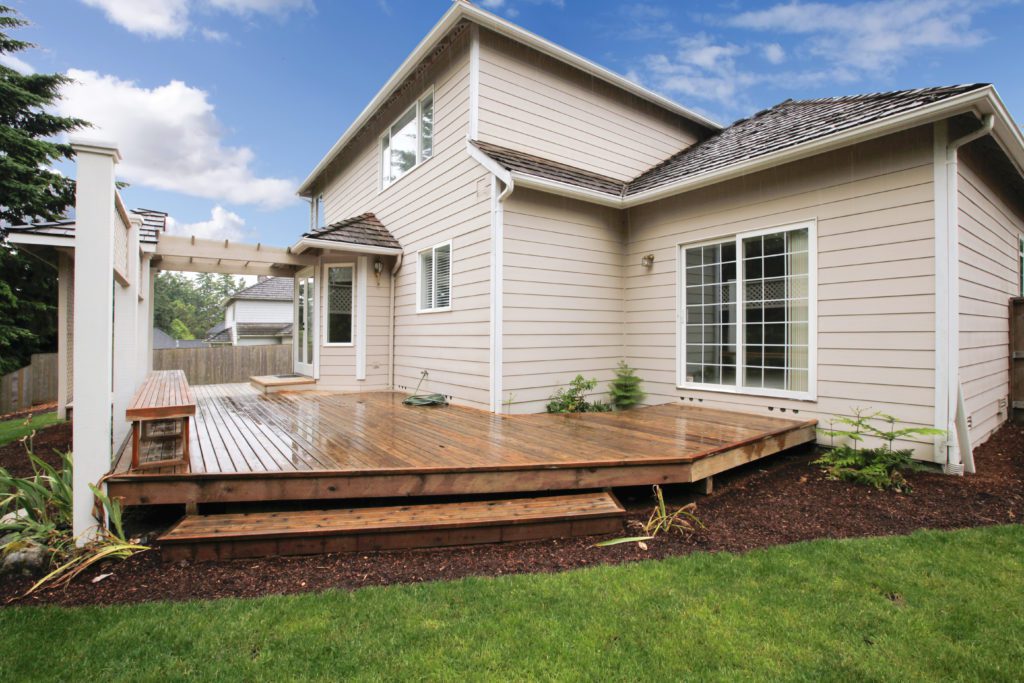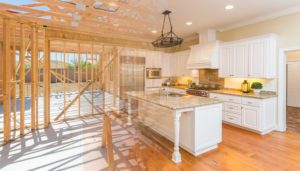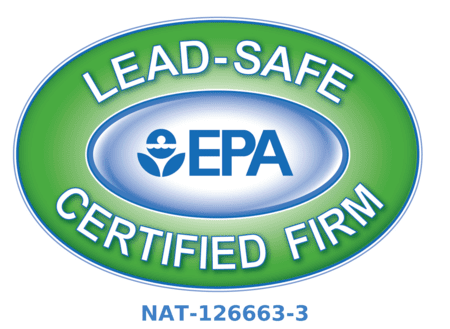Building a deck is an exciting project that can add beauty and value to your home. But with so many different materials available, it can be difficult to decide which is the best material for your deck. We’ll take a comprehensive look at the various options so you can make an informed decision on the ideal material for your new outdoor space. We’ll cover everything from wood decks to composite and PVC varieties as well as mill board and other options. Read on to find out more about what each type of deck material has to offer!
Types of Decking Materials
It’s important to consider the cost, life expectancy, maintenance tasks, and color options when selecting the best option for your project. Cost should reflect both initial expenditure as well as long-term cost such as treatments and replacements. The life expectancy of a chosen material plays a role in how much wear and tear it will receive over time, while different levels of maintenance exist which may be required to keep it looking fresh. Finally, light reflecting colors can help boost cool temperature levels compared to darker colored ones that can trap heat. You’ll want to carefully weigh each of these considerations when selecting the right deck material for your needs.
Wood Decking
Decks made from wood offer a timeless look that can effortlessly elevate the aesthetic of your backyard or terrace. They’re available in a variety of shapes, sizes, and styles. Although they require greater maintenance than decks made from other materials like plastic, the traditional beauty of additional coats of preservatives and finishes makes them worth it. To keep your wooden deck looking beautiful for years to come, it’s important to inspect and maintain it regularly. This involves inspecting for damage, cleaning away debris and pollutants, staining and sealing every one to two years, and scrubbing down any mold that might grow. Doing all this will ensure your deck is safe for you to relax on as well as visually appealing.
Composite Decking
Composite decks are a popular decking material because of their resistance to weather and environmental elements. They are also low-maintenance and durable. While composite decks come with many advantages, there are disadvantages to consider before investing in them. Composite decks tend to be more expensive than traditional wood decks, so factor this into the overall cost. Additionally, they cannot be refinished or repaired like wood can, so if heavily damaged, replacement may be necessary. To ensure your composite deck will remain looking its best over time, it must get regular cleaning and sealing that includes pressure washing at least once a year.
PVC Decking
While PVC decks have many of the same attractive features as traditional wood decks, such as being both stylish and functional, they tend to offer some extra advantages. For example, they are highly resistant to moisture damage and will not require costly treatment or staining like a wooden deck can. They also don’t splinter and are slip-resistant when wet which makes them an ideal safety choice for families with children or pets. Despite these advantages, there are still some downsides to using PVC for a deck, the most notable being that it does not give off much of the natural warmth of a wood deck. Overall, if you maintain your PVC deck correctly you can enjoy a low-maintenance outdoor experience that provides lasting beauty and stability against the elements.
Mill Board
Mill board decking has seen a surge in popularity recently, due to its strong durability and aesthetically pleasing appearance. The major advantage to mill board is that it requires very minimal maintenance; all it needs is an occasional cleaning with soapy water to maintain its stylish aspect. A disadvantage of mill board however is the cost, as it often comes with a hefty price tag. But when maintained properly, mill board decking can provide beauty and value for many years.
No matter which material you choose for your deck, it is important to consider the cost and life expectancy of each option. Different materials require different levels of maintenance, so be sure that fits into your budget as well. Each type of decking has its own unique benefits from wood’s classic beauty to mill boards slip-resistant safety features and minimal maintenance requirements. Weigh all these considerations carefully when selecting the right deck material for your needs and you are sure to have a beautiful outdoor space that will last for years to come!













